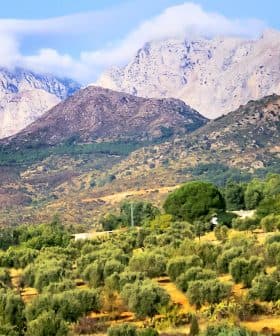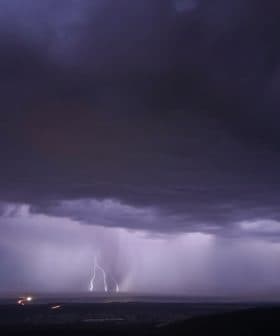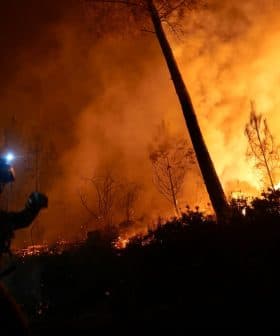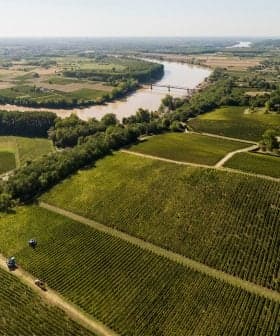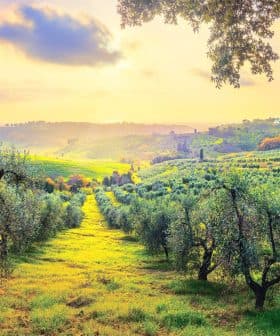Pandemic, Drought Slow Chilean Harvest
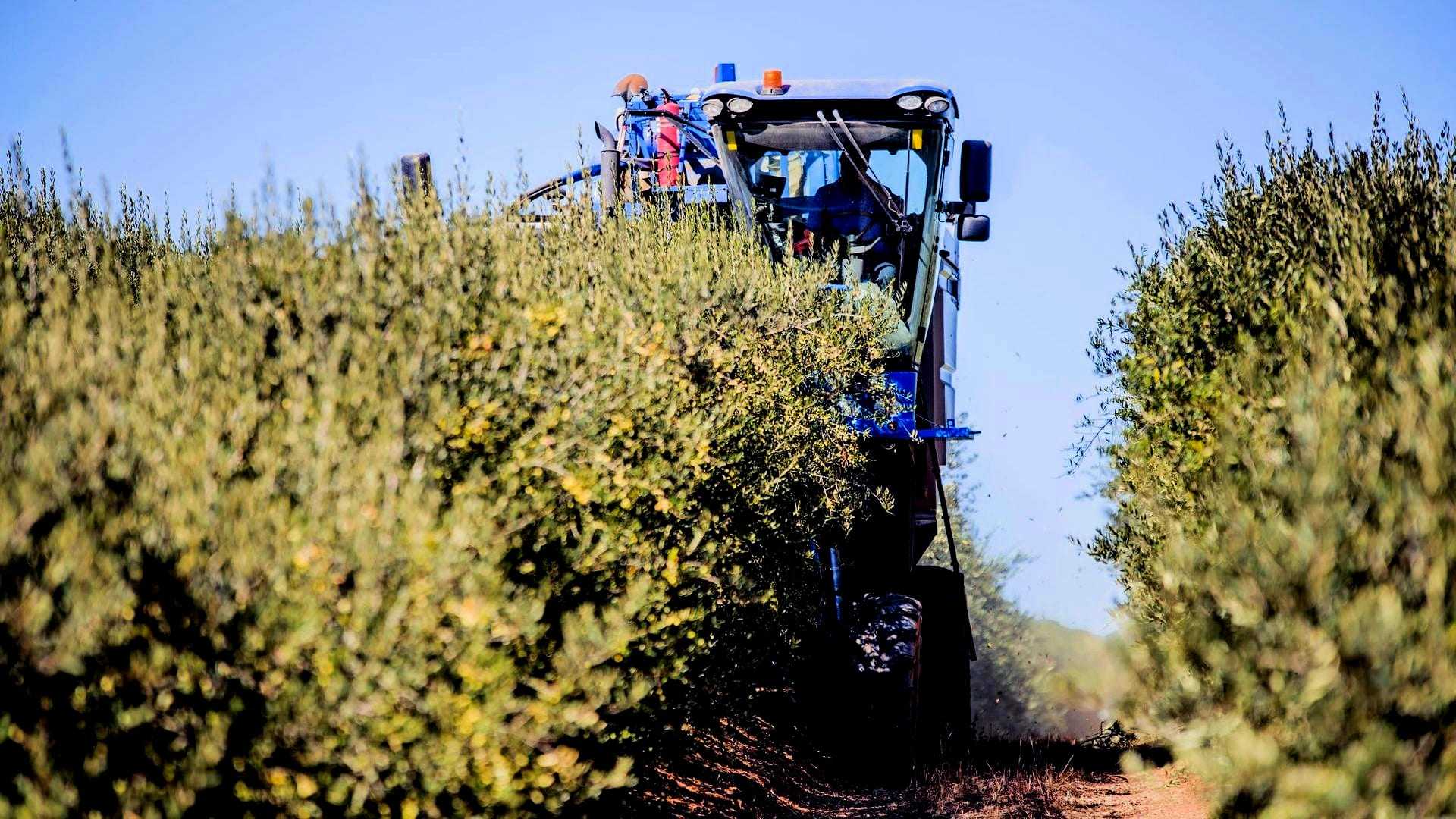
Chile’s Covid-19 outbreak has disrupted the country, including olive oil producers who are facing challenges in completing the 2020 harvest. Despite implementing safety measures to combat the spread of the virus, producers are also contending with a persistent drought and low global olive oil prices, with hopes for a slightly better harvest this year due to investments in new technology.
Chile’s increasingly worsening Covid-19 outbreak has brought much of the country to a standstill in the past few weeks and left olive oil producers rushing to complete the 2020 harvest.
According to the country’s health ministry, there are more than 122,000 cases of the novel coronavirus in Chile with nearly 1,500 deaths. The vast majority of cases are in the country’s capital, Santiago, but all 16 regions of Chile have been hit by the pandemic.
Global markets are struggling and Covid-19 has made everything much more difficult. But times are changing very quickly and we need to adapt.
While none of the country’s major olive oil producers have had to shut down due to local Covid-19 outbreaks, producers say that implementing safety measures to mitigate the spread of the disease have delayed the rate at which they can harvest.
The persistent drought facing much of the country and low global olive oil prices have also compounded the challenges currently facing producers.
See Also:2020 Harvest NewsIn spite of these setbacks, Chilean producers expect to harvest a little less than 20,000 tons of olive oil in 2020, very similar to 2019, in which the country produced 19,000 tons.
“From what we have projected and confirmed over the past few days, we will have a smaller quantity but better quality than last year,” José Manuel Reyes, the development manager at Agricola Pobeña, which produces the Alonso olive oil brand, told Olive Oil Times.
Based in the central O’Higgins region of Chile, about 70 miles southwest of Santiago, Agricola Pobeña produces a variety of different types of extra virgin olive oil from 1,500 acres of olive groves.
While O’Higgins is home to just 0.83 percent of all the country’s Covid-19 cases, this has not stopped Agricola Pobeña from taking all the necessary safety precautions.
“It has been a different harvest with the Covid-19 factor where we have had to multiply the security measures, taking all precautions to keep our team protected and away from all kinds of infections,” Manuel Reyes said. “We all know that the presence of a case within the team can be very complicated”
On top of contending with the novel coronavirus, the O’Higgins region remains in the midst of a drought, which made the harvest a stressful one for the producers at Agricola Pobeña, but not impossible.
“Despite everything that affects us today, we have managed to harvest without problems, with good yields and kilograms of fruit despite the difficult year we had due to the drought and high temperatures,” Manuel Reyes said.
He is more worried about what the pandemic will do to global markets, especially how it will impact long-term consumption and sales of olive oil.
“Different markets have all contracted due to the current pandemic, but we hope to continue exporting Chilean oils, as we have been doing and positioning them among the best in the world,” Manuel Reyes said.
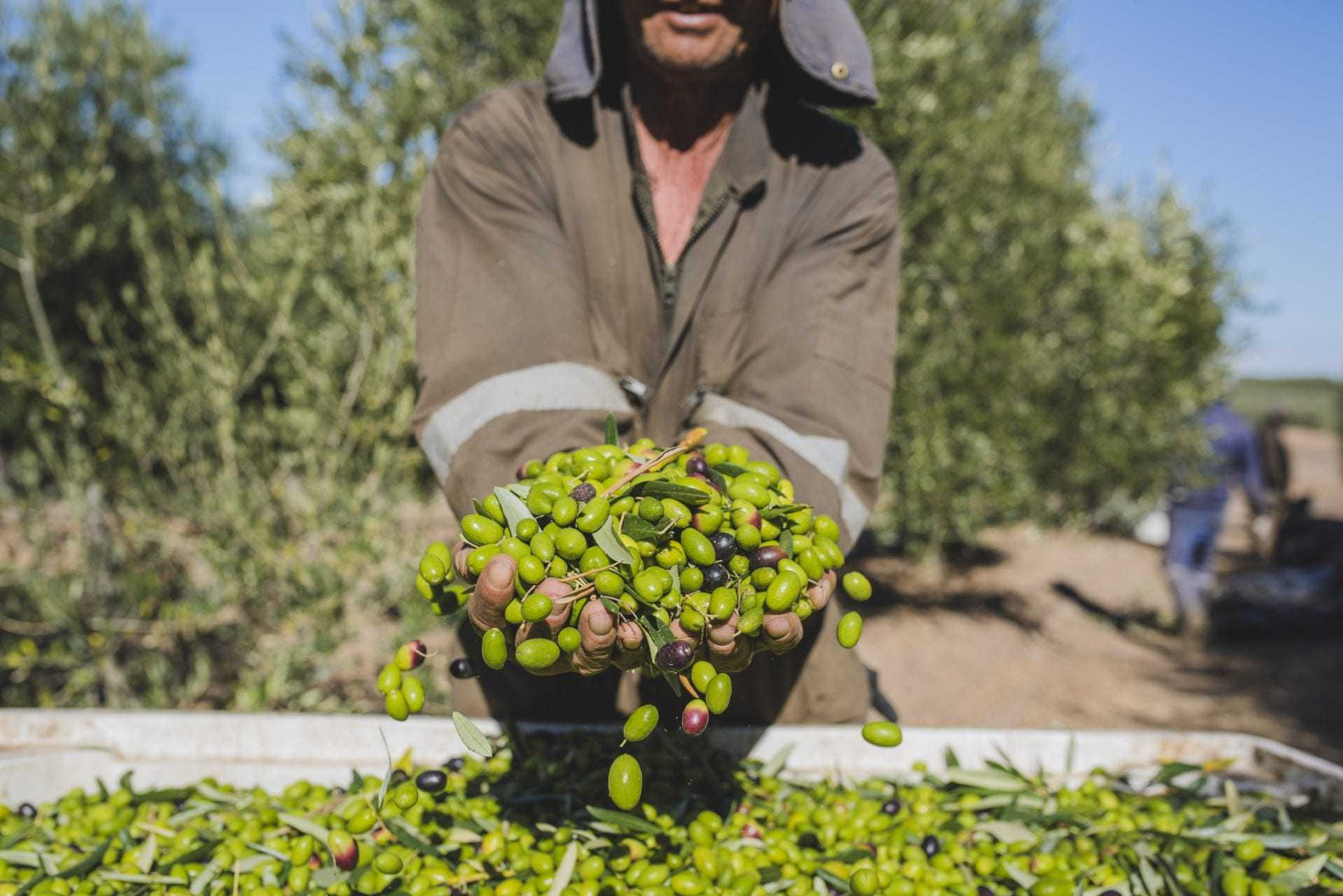
Not too far to the southeast of Agricola Pobeña’s groves sit those of Agroindustrial Siracusa, the producer of the Aura olive oil brand.
Based in the valley of Cúrico, which boasts a climate very similar to the Mediterranean, Felipe Valle, the company’s export manager, said the pandemic had created a unique set of challenges for the company, such as harvesting efficiently and effectively while maintaining government-mandated social distancing and hygiene standards.
“One of the great challenges is effective communication regarding the measures that must be used for the different tasks, in order to guarantee their fulfillment and to be able to keep the company running,” he told Olive Oil Times.
In spite of the challenges presented by the pandemic, Valle said that he expected a normal harvest this year in the Cúrico valley.
Cúrico sits in the region of Maule, which has seen nearly double the number of infections as neighboring O’Higgins, with slightly more than 1,800 cases and 24 deaths (two more than have been recorded in O’Higgins).
“We expect to have normal production, but with very good quality oils, due to the good climate that has made it possible for us to coordinate the harvest based on the ideal stages of maturity,” Valle said. “This allowed us to achieve intense oils, with good aromas and very good green fruitiness.”
However, he acknowledged that not all of the country’s producers shared Agroindustrial Siracusa’s good luck. Valle expects the drought to impact both the quantity and quality of other producers’ olive oils.
“With respect to the rest of the companies, a normal year is also expected, without losing sight of the fact that there are some that will see production decrease due to the drought that has persisted for some years,” he said.
“They are more affected by the yield, in terms of kilograms of oil per hectare, and without a doubt quality will also be compromised. A grove managed under excessive water stress gives rise to more unbalanced oils,” Valle added.
Back in the O’Higgins region, just a few miles east of Agricola Pobeña olive trees, the super high density olive groves of Olivos del Sur sprawl over the rolling hills of Chile’s Central Valley.
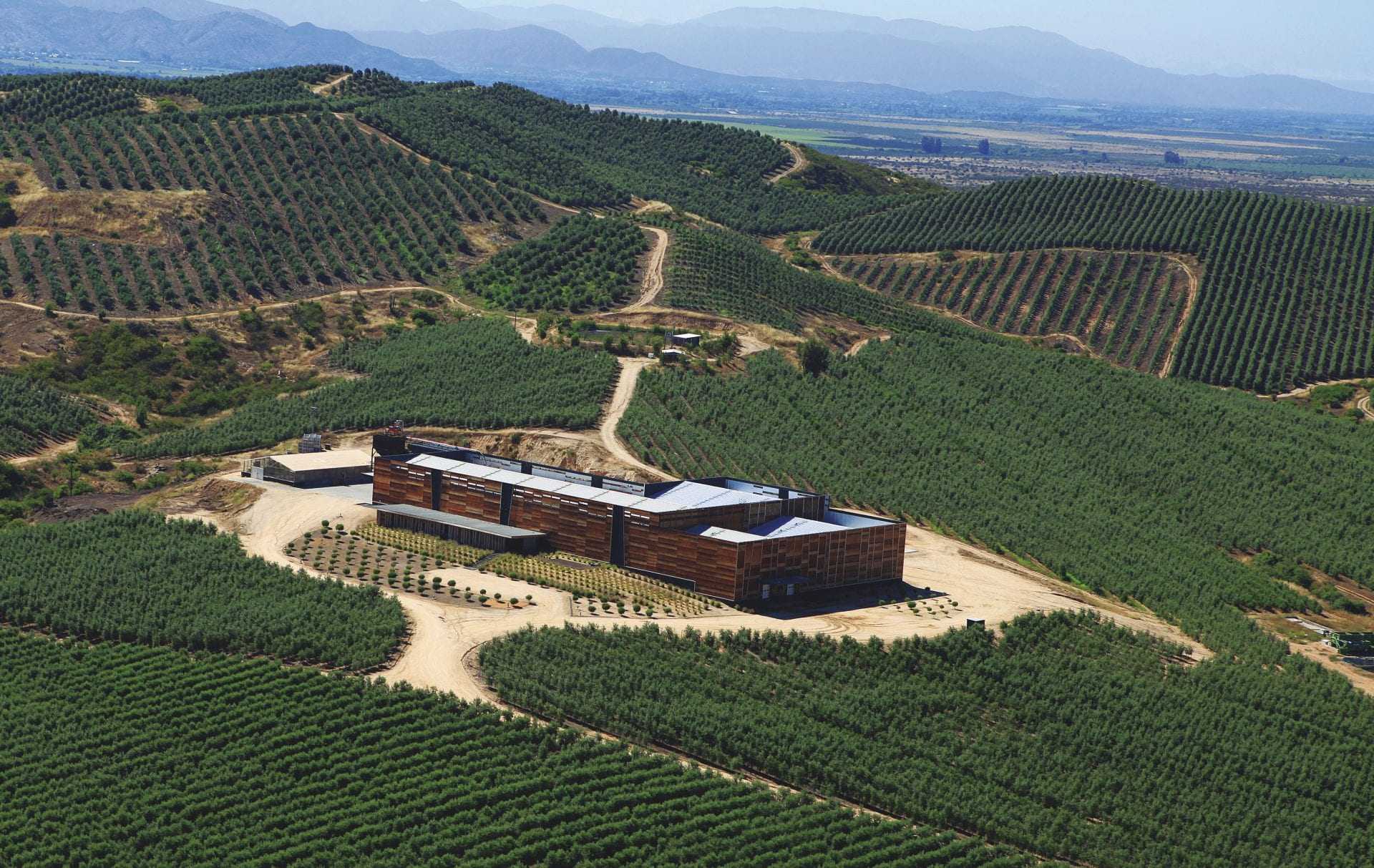
Since the company sits in a fairly secluded part of the valley, far from any major cities or highways, there have not been any problems with Covid-19 infections.
However, Claudio Lovazzano, the company’s head of marketing, said that had not stopped Olivos del Sur from taking precautionary measures. Even with no one getting sick, the pandemic has caused logistical delays for the company.
“Resources take more time to arrive: from machine parts to packaging materials, since we are dealing with partial and full lockdowns in several places within Chile,” he told Olive Oil Times.
In spite of challenges stemming from the pandemic and drought, Olivos del Sur expects a slightly better harvest than usual. In 2019, the company produced six million liters of extra virgin olive oil.
Lovazzano attributed this increase to investments the company has been making, including the incorporation of new technology into the groves, which will help with resource management and timing the harvest.
“We are now implementing our precision farming project which, among other things, allows us to collect precise data for every single tree in the row, allowing us to see it as an isolated production unit,” he said. “Through high-resolution images, we analyze climate, soil and other relevant information.”
“Global markets are struggling and Covid-19 has made everything much more difficult,” Lovazzano added. “But times are changing very quickly and we need to adapt.”


